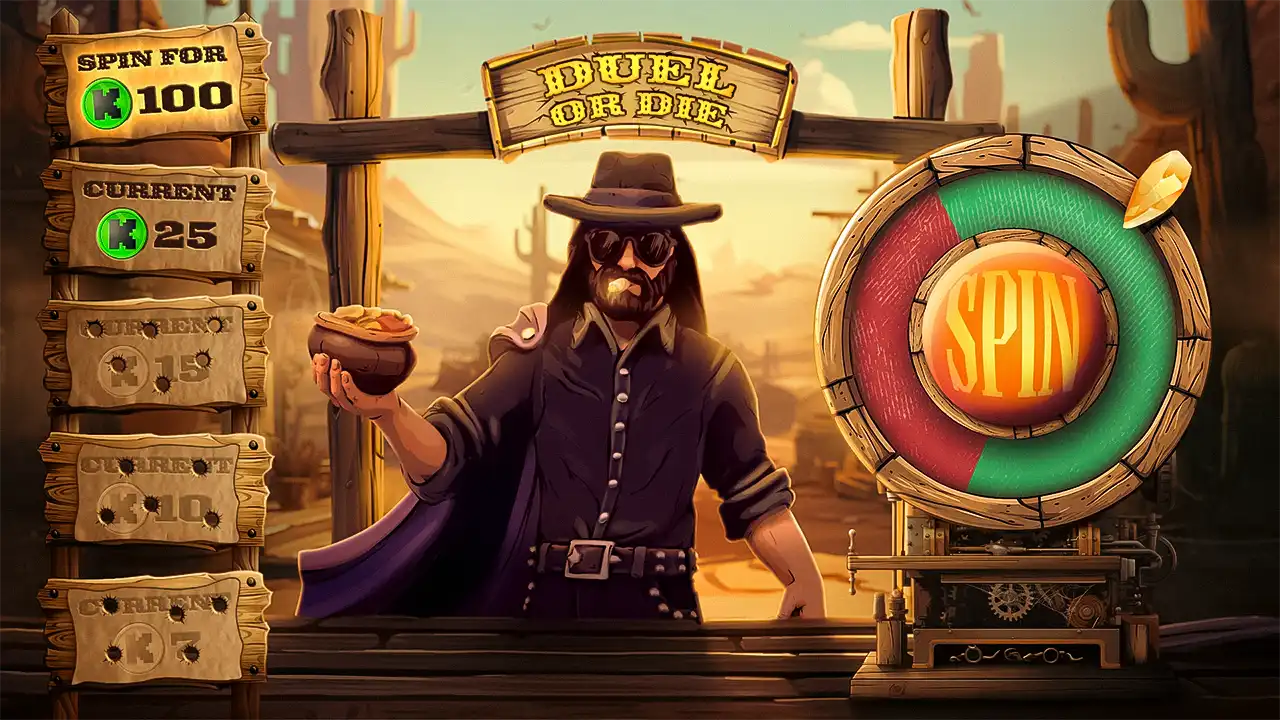
High Volatility Slots
01 Feb 2022
- 💰 Risk & Reward: High-volatility slots offer rare wins but with potentially huge payouts, resembling the ups and downs of the cryptocurrency market.
- 🎰 Ultra High-Volatility Thrill: New ultra high-volatility slots, like San Quentin Xways and Money Train 2, promise prolonged waits for big wins, enhanced by features such as free spins and multipliers.
- 💡 Strategic Betting: Choosing between high and low volatility slots depends on budget and preference; high-volatility slots suit those chasing big wins, while low-volatility slots offer more frequent, albeit smaller, wins.
High volatility slots are getting increasingly popular as the trend in gambling shifts to high risk, high rewards. That being said, there are a bunch of players who choose high volatility just because they see others do the same. These kinds of slots are not for everyone, so it’s recommended to fully understand what they are before spending your money.
What Are High-Volatility Slots?
Volatility, also known as variance, is the measure of how frequent a slot pays out and the general value of those wins. In high-variance slots, you are expected to not ‘win’ very often (sometimes, for entertainment sake, players will get frequent winning combinations, but the prize of those wins is even lower than the bet).

This is, thus, the bad part of high volatility. The good part is that the fewer wins you get can be much bigger than those in low-volatility slots. When you play high variance, your balance will often look like the cryptocurrency market: you can experience long periods of dead spins resulting in heavy losses, but then you can also catch some humongous wins, creating sharp rises in profit.
It’s important to remember that volatility dictates what is likely to happen, not what will happen. Some people can certainly get huge wins in low-volatility slots and others can experience little fluctuation in their balance playing with high variance.
Highest Volatility Slots
As the demand for highest volatility slots grows, plus players are drawn to slots with 'really' high max win, ultra-high volatility is born. Some studios would refer to it as 5/5 volatility and it means exactly what it sounds like: these are slots that usually go for a long, long time before a win appears.
But the thrill lies in the probability that once you win, it’s a win that makes your eyes tear up and make all the waiting worth it. These ultra high-volatility slots tend to have many free spins features and multipliers. The idea of the most volatile slot is a short term one because slot providers will keep pushing the limit for variance, but here are a few examples of the highest volatility slots:
Name | Developer | Winning Potential | Year Released |
San Quentin Xways | Nolimit City | 150,000x | 2021 |
Rome: The Golden Age | NetEnt | 100,000x | 2021 |
Money Train 2 | Relax Gaming | 50,000x | 2020 |
Betting on High or Low Volatility Slots?
If you’re someone with a very limited budget, it’s recommended to go for lower volatility. When your balance can only afford a few hundred spins with minimum bet, highly-volatile slots may burn through that payroll too quickly.

Remember that slots with high or low variance actually have very similar RTP, so in the long run none is likely to pay out more than the other. If you have a big enough budget, choosing between the two simply comes down to what you want out of the gaming experience:
- High volatility: for people who love chasing really big wins, don’t mind long periods of dead spins, and have enough time to get through those periods.
- Low volatility: for people who love constant stimulation, even if it’s not big wins, don’t have too much time to wait for wins, and can bet higher and without fear of running out of money too quickly.
RTP in Highly-Volatile Slots
In theory, a 96% RTP means that players will get back $96 for every $100 they spend. But because this rate is measured over millions of spins, most players never play enough to reach the true RTP. As a result, oftentimes, you see your win/loss rate is higher or lower than the RTP. With high volatility slots, this phenomenon is magnified: some players will lose a lot of money, while others win a lot of money.
//Richard




